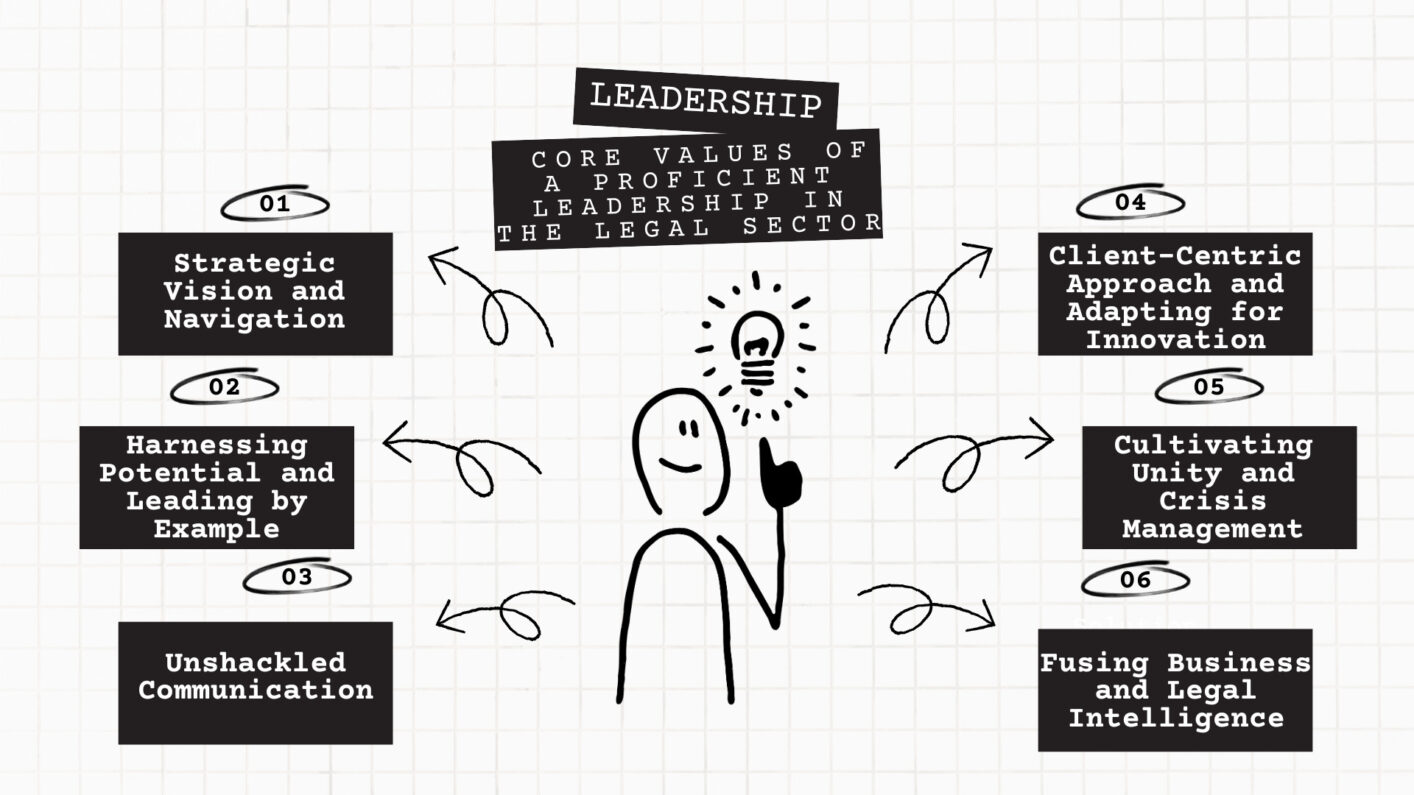Warren Bennis (1925–2014) was an American scholar, author, and organizational consultant who played a pioneering role in leadership studies. He is renowned for his expertise in leadership and management, offering valuable insights through his extensive research, writing, and teaching.
Throughout his career, Bennis held prestigious positions, with over 30 authored or co-authored books, he left an indelible mark on the study of leadership, management, and organizations.
Bennis’s work emphasized the human dimension of leadership, highlighting qualities such as authenticity, emotional intelligence, and the significance of interpersonal connections. He emphasized the practical application of leadership principles in real-world contexts, advocating for “transformative leadership” that empowers individuals to grow personally while contributing to the success of organizations.
His notable quote, “Leadership is the capacity to translate vision into reality,” captures his view of leadership as the art of turning concepts into actionable accomplishments.

In law firms, leadership plays a crucial role in determining the success, workplace culture, and long-term viability of the organisation. A competent and pioneering leader can motivate their team, coordinate their efforts, and move the firm closer to its objectives. Despite the fact that a law firm’s size, practice areas, and goals may all influence the approach to leadership, there are some centre thoughts that are always necessary for productive leadership. In this article, we are going to look at the core values of a proficient leadership in the legal sector and how they influence productivity and resolve at work.
- Strategic Vision and Navigation: A genuinely effective leader presents a compelling vision for the future of the organisation. This vision ought to be in line with the objectives and values of the firm. It entails creating a strategic plan to carry out the vision, establishing quantifiable objectives, and outlining a course for advancement. A leader may excite and inspire the entire team to strive towards a single goal by outlining this vision to them, creating a sense of belonging and unity.
- Harnessing Potential and Leading by Example: Effective leaders provide their team members the freedom to make decisions within their areas of competence by giving them the authority to do so. This strategy encourages a sense of responsibility and accountability while also demonstrating trust in the team’s talents. Team members that feel empowered are more inclined to take the initiative, come up with new ideas, and put out their best work, which increases the firm’s productivity and efficiency.
- Unshackled Communication: Successful leadership in any organisation, including law firms, is built on transparent and open communication. Feedback from stakeholders, clients, and team members is actively encouraged by effective leaders. They ensure that everyone’s voice is heard and respected by paying close attention to feedback and suggestions. For a team to remain cohesive and informed, updates, decisions, and changes must be communicated clearly and consistently. A culture of genuineness, polished skill, and commitment is fostered when leaders demonstrate the practices they need from their team.
- Client-Centric Approach and Adapting for Innovation: Successful leaders put their clients at the centre of decision-making in a client-focused profession like the law. They place a high priority on comprehending the requirements, trust, and stress of their clients. Leaders maintain a client-centric approach to ensure that the firm delivers a world class legal services that not only meet but exceed client expectations. Because the legal environment is constantly evolving, effective leaders must be flexible and open to innovation. They provide an environment that encourages the team members to experiment with new technologies, tools, and processes in order to increase productivity and client service.
- Cultivating Unity and Crisis Management: Strong leaders encourage cross-functional collaboration, leveraging diverse expertise and skills for better outcomes on complex legal matters. Leaders must make informed decisions, provide stability, and offer reassurance to the team during uncertain times. By staying composed and pragmatic during crises, leaders inspire confidence and foster resilience within the firm.
- Fusing Business and Legal Intelligence: Leadership in law firms requires a balance of legal acumen and business savvy. Successful leaders understand the firm’s financials, client acquisition strategies, and market positioning. They strive to ensure the firm’s legal excellence while making informed business decisions to drive growth and profitability.
Ultimately, leadership is not just about achieving immediate results, but also about leaving a lasting legacy. By cultivating the potential of those they lead, inspiring positive change, and fostering a culture of continuous growth, leaders create a ripple effect that extends far beyond their time in the spotlight. As we continue on our collective journey, strong leadership remains a guiding light that propels us towards progress and prosperity.